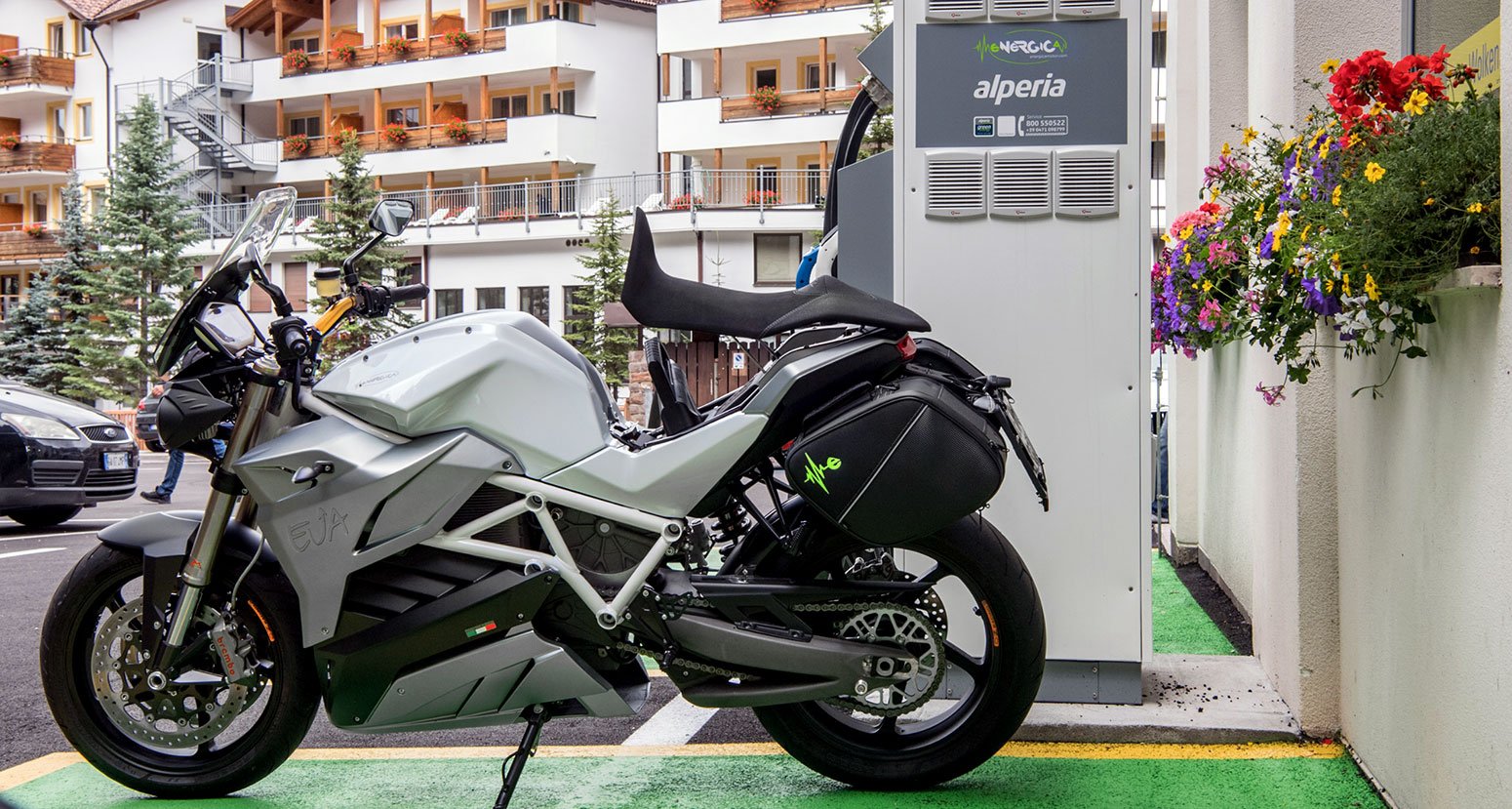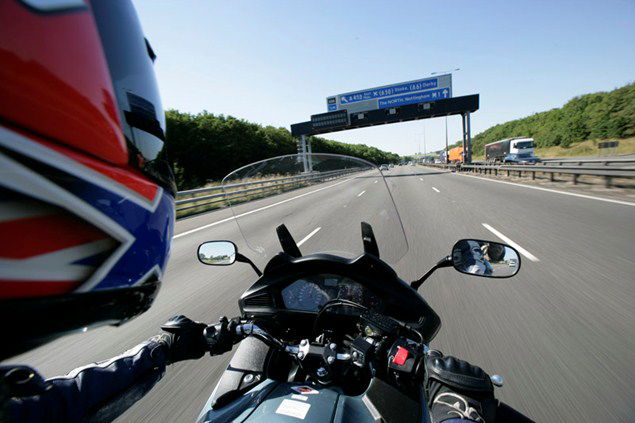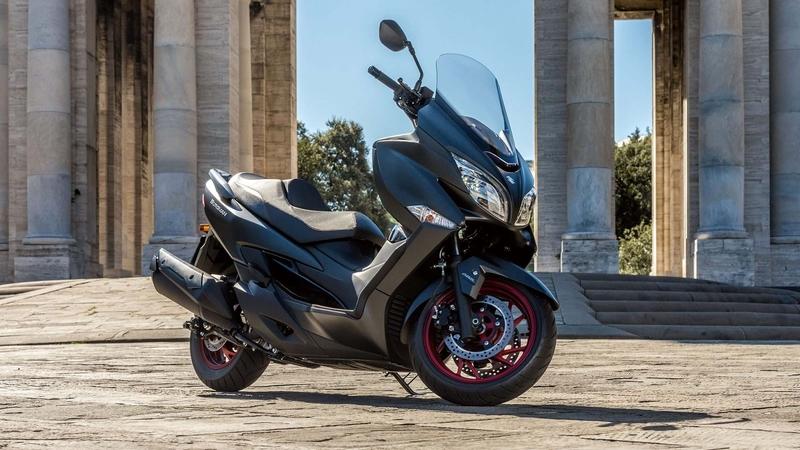UK petrol and diesel vehicle ban brought forward to 2035
The UK will introduce a ban on fossil fuel-powered vehicles in 2035, five years earlier than initially forecast but still behind other European nations

The UK government has announced it will be enforcing a total sales ban on petrol and diesel vehicles in 2035, five years earlier than originally announced.
In 2018 it was proposed that sales of new vehicles emitting carbon emissions would be phased out ahead of a total ban in 2040, but a more ambitious revision has been announced after experts said 2040 would be too late for the UK to achieve its zero carbon target in 2050.
The proposal will be outlined by Prime Minster Boris Johnson at an event to launch the United Nations climate summit – COP26 – to be held in Glasgow in November.
He is expected to say that the UK will consider bringing this even further forward, if possible.
“Hosting COP26 is an important opportunity for the UK and nations across the globe to step up in the fight against climate change,” Johnson said.
“As we set out our plans to hit our ambitious 2050 net zero target across this year, so we shall urge others to join us in pledging net zero emissions.
“There can be no greater responsibility than protecting our planet, and no mission that a global Britain is prouder to serve."
Though the proposals are focused primarily on new sales of cars and commercial vehicles, motorcycles will also be targeted by the measures.
To date, only a handful of manufacturers have invested in having electric motorcycles as part of their range, though they are predominantly scooters, mopeds and the equivalent of lower displacement models.

Will motorcycle manufacturers react to stricter deadlines?
Indeed, the targets have been described as challenging even for car manufacturers, which have made significant strides in developing greener technologies and integrating them into their range. For now, zero emissions cars account for a small fraction of sales, though it is growing.
"With current demand for this still expensive technology still just a fraction of sales, it's clear that accelerating an already very challenging ambition will take more than industry investment," said SMMT Chief Executive Mike Hawes”
However, the share of electric motorcycles is even smaller, in part due to reluctance of manufacturers to commit to zero emissions versions of the most popular body styles.
Indeed, while electric cars serve a more practical purpose than motorcycles, many of which are bought for their specific abilities – off-road, performance for instance – the argument for electric versions are much lessened.
BMW recently said it is several years away from embarking on any significant electrification of its range because of the costs involved and because they cannot evoke the same kind of reaction as a fuel-powered model.
Indeed, even manufacturing giants like Honda and Yamaha have remained relatively quiet on their plans, though Triumph and KTM both say they have initiatives in the pipeline
To date the only mainstream manufacturer to produce an electric bike is Harley-Davidson with its LiveWire.
The lack of movement in this area is in turn having a negating effect on demand, with prices substantially higher than their fuel-powered counterparts. These are unlikely to come down until the technology is made more mainstream and competition increases, though another frequent concern – charging station availability – is likely to improve significantly under these new measures.
That said, the UK doesn’t have the tightest deadlines of European nations with the likes of Ireland, Sweden and the Netherlands targeting 2030, while Norway is aiming for 2025.
The capital city London has also set its sights on banning fossil fuel vehicles in 2030.

